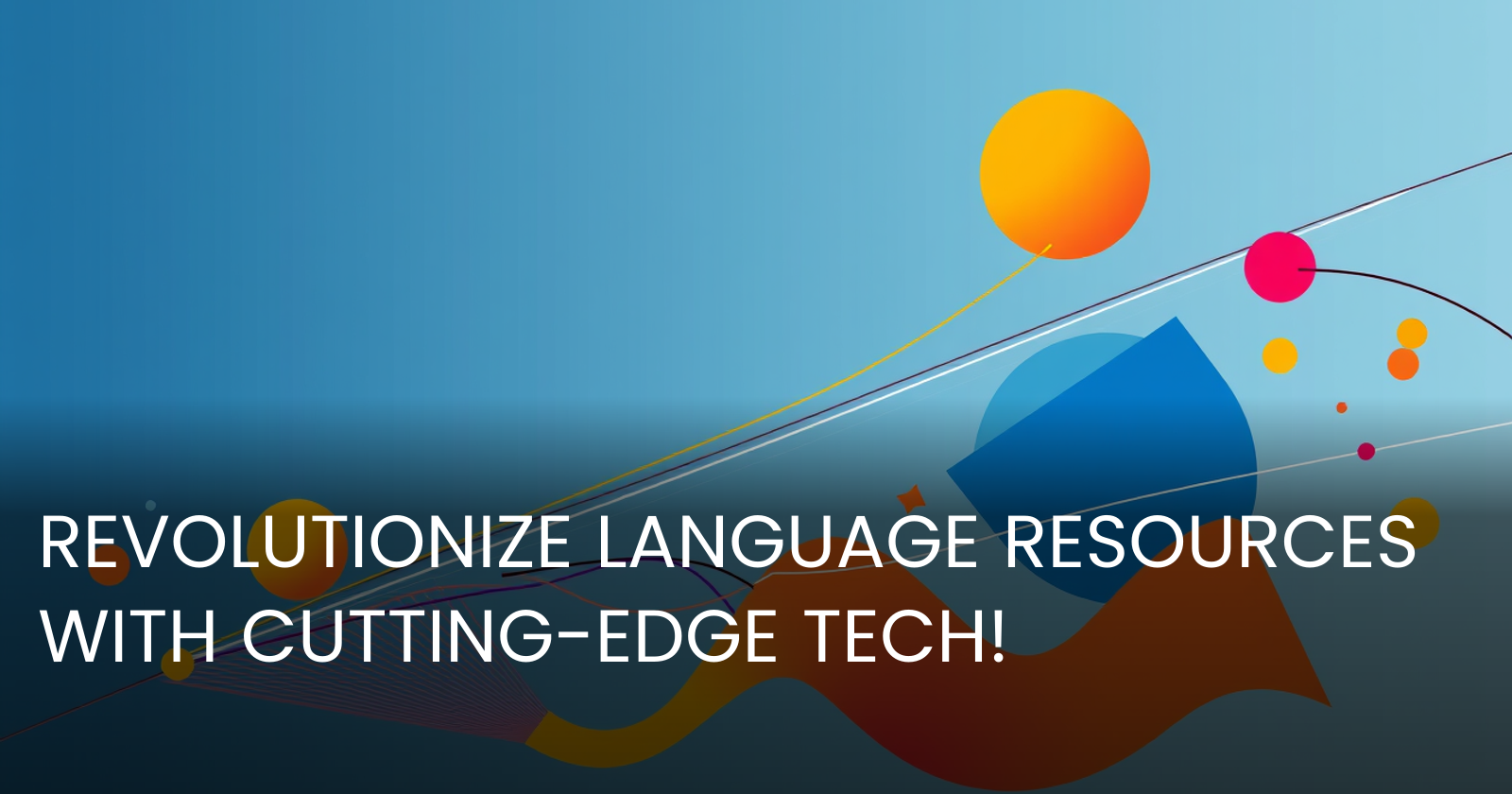Unleashing Potential: How Cutting-Edge OCR Technology and LLMs Can Revolutionize Language Resource Development
 Gabi Dobocan
Gabi Dobocan
Authors: Derry Tanti Wijaya, Kumara Ari Yuana, Ayu Purwarianti, Afinzaki Amiral, Muhammad Zuhdi Fikri Johari, MohammadRifqi Farhansyah
Published: 2024-11-14
The scientific paper we’re looking at today delves into the possibilities of transforming how language resources are developed, particularly in linguistically diverse regions like Indonesia. Using advanced technologies, such as Optical Character Recognition (OCR) and Large Language Models (LLMs), the researchers aim to digitize vast amounts of print media to enhance Natural Language Processing (NLP) databases efficiently and cost-effectively.
Main Claims and Proposals
Core Claims:
Efficiency and Economical Dataset Creation: The paper argues that existing resources like books and newspapers can be digitized to build NLP resources, which is faster and cheaper compared to traditional manual methods.
Technological Advancements in OCR: It claims that integrating OCR with LLMs significantly improves the Character and Word Accuracy Rates (CAR and WAR) in extracted text from low-resource languages like Javanese, Sundanese, Minangkabau, and Balinese.
Key Proposals:
DriveThru Platform: Introduces the ‘DriveThru’ platform, which digitizes documents using OCR coupled with post-processing using state-of-the-art LLMs.
Use of State-of-the-Art Models: The application of models like Llama 3 and GPT-4 for enhancing OCR outputs is central to the new method.
Leveraging Technology in Business
Variations in linguistics knowledge across Indonesian regions demand local language datasets for training NLP models. As revealed by this research, this new method allows companies to:
Expand Product Offerings: Businesses can develop language-specific services or digital tools, inclusively catering to Indonesian language speakers.
Enhance Language Tech Services: Companies dealing in translation, transcription, or digital archiving can improve accuracy by implementing automated post-OCR corrections.
Drive Innovation: By using large dataset resources more effectively, startups can innovate in education technology, digital media, and regional e-commerce — entirely new avenues inspired by linguistics and data processing collaboration.
Technical Deep Dive
Training and Hyperparameters:
- Large Training Dataset: Models like Llama 3 are trained on over 15 trillion tokens, with fine-tuning on more than 10 million human-annotated examples.
Hardware Requirements:
- High-Performance Computing: The research shows that high-computational setups are required for integrating models like Llama 3 for LLM post-processing.
Target Tasks and Datasets:
Focus on Local Languages: The target includes extracting language data from archives in Javanese, Sundanese, Minangkabau, and Balinese.
DriveThru Platform: The platform processes multiple image formats and fine-tunes outputs through LLM post-correction, resembling a user-friendly digital document extraction tool.
Comparison to SOTA Alternatives
When benchmarked, models like Llama 3 and GPT-4 have shown distinguished performance in correcting OCR errors over standard methods:
Error Rate Reduction: Post-processing with these models gives superior CAR and WAR compared to off-the-shelf options such as Tesseract.
Handling Diverse Scripts: The system can manage various regional language scripts, improving overall linguistic resource quality.
Conclusion
The research presents a pioneering approach to digitizing language resources by harnessing OCR and LLM technologies. This strategy not only optimizes resources for linguistic diversity but also paves the way for companies to innovate products and services structurally based on these language insights. As the paper encapsulates, this methodology offers a tantalizing glimpse at the nascent potential awaiting across multiple industries through modern technology paradigms.
Subscribe to my newsletter
Read articles from Gabi Dobocan directly inside your inbox. Subscribe to the newsletter, and don't miss out.
Written by

Gabi Dobocan
Gabi Dobocan
Coder, Founder, Builder. Angelpad & Techstars Alumnus. Forbes 30 Under 30.